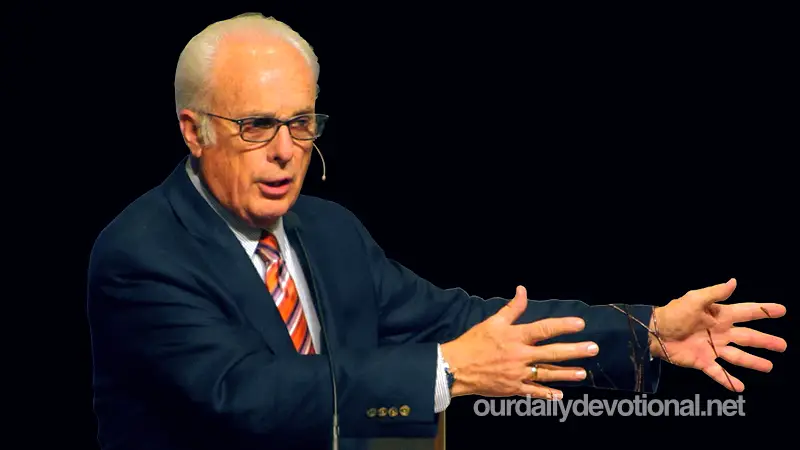«Jah distributes».
(a) Benjamite of the family of Becher (1 Chr. 7:8).
(b) Man of Judah, of the family of Perez (1 Chron. 9:4).
(c) Son of Michael and prince of the tribe of Issachar during the reign of David (1 Chron. 27:18).
(d) King of Israel. Before coming to the throne he was general of the armies of Israel during the reign of Elah and, probably, under the previous reign of Baasha. It is possible that it was then that Moab was defeated. (See TABLE (STELE OF), 7, 8).
Omri was leading the siege of Gibbethon, which the Philistines had taken, when he learned that Zimri had killed Elah and usurped the throne. The army proclaimed Omri king of Israel.
He marched against Tirzah, the then capital of the kingdom of Israel, occupied by Zimri, who committed suicide (1 Kings 16:15-20). The people were then divided: one half supported Omri, while the other half wanted to give the crown to Tibni. Omri did not become the undisputed ruler over all of Israel until the death of Tibni, after five years of fighting (1 Kings 16:21-23).
The statement in verse 23, "In the thirty-first year of Asa king of Judah, Omri began to reign over Israel," does not relate to the date of his proclamation by the soldiery that gave him the throne (although his twelve years of reign are counted from that event); This statement establishes the date from which Omri began to reign alone (cf. 1 Kings 16:15, 29).
He changed the capital from Tirzah to Samaria, which he built for this very purpose (1 Kings 16:24). Omri gave himself over to idolatry, like Jeroboam, and acted even worse, in some respects, than all the kings who had preceded him on the throne of Israel (1 Kings 16:26; Mi. 6:16). He died around 874 BC.
He was buried in Samaria. His son Ahab succeeded him to the throne (1 Kings 16:28). Omri is mentioned in the stories of neighboring towns. The Moabites remembered him. A century after his death and after the annihilation of his family, the Assyrians continued to associate his name, which they spelled Humri (with an aspirated h), with that of the country of Israel and with the reigning sovereign.
Thus, he appears in the inscriptions of Shalmansar III and Sargon II in the expression "country of the house of Omri", and calling Jehu "mar Humri", that is, son or successor of Omri. The pottery fragments (ostraca) found in Samaria mention the name of Jehovah and Baal, confirming the apostasy of Omri (2 Kings 16:25 ff.).
Meaning of OMRI
«Jah distributes».
(a) Benjamite of the family of Becher (1 Chr. 7:8).
(b) Man of Judah, of the family of Perez (1 Chron. 9:4).
(c) Son of Michael and prince of the tribe of Issachar during the reign of David (1 Chron. 27:18).







